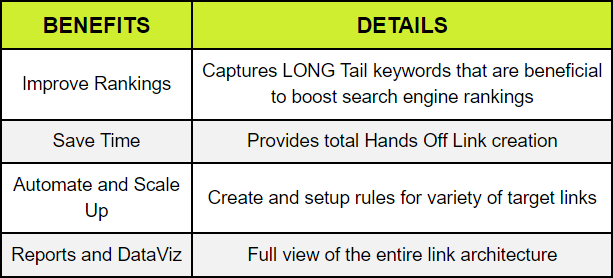In the ever-evolving world of Search Engine Optimization (SEO), a seismic event occurred in early 2023 that sent ripples across the industry. The Yandex data leak, a significant breach in the fourth-largest search engine globally, unveiled a trove of insights into the mysterious world of search engine algorithms. This article delves into the implications of this leak for SEO practitioners and the broader digital marketing landscape.
Understanding the Yandex Leak
Yandex, predominantly the leading search engine in Russia, experienced a massive data leak in January 2023. This breach exposed around 1,922 ranking factors, revealing a wealth of information previously shrouded in secrecy. Interestingly, more than 64% of these factors were listed as unused or deprecated, indicating a constantly evolving algorithmic landscape.
The Significance of the Leak
The leak is not just about the sheer volume of data (approximately 17,800 ranking factors) but also about the insights it offers into the workings of a major search engine. It sheds light on the dynamic nature of search algorithms and the ongoing efforts of search engines to refine and improve their ranking processes.
Key Takeaways from the Yandex Leak
- Factor Classification: Yandex classifies its ranking factors into static, dynamic, and user search-related categories, offering a structured approach to understanding how different elements influence search rankings.
- PageRank and TF*IDF: The leak reaffirms the use of PageRank and TF*IDF, highlighting the importance of link quality and content relevance.
- YMYL Topics: Yandex has specific factors for medical, legal, and financial topics, emphasizing the need for authoritative content in these areas.
- User Behavior: Factors related to user behavior, such as clicks, CTR, and dwell time, play a significant role in the ranking process.
- Backlink Importance: The leak underscores the impact of backlinks from high-authority websites and the relevance of link-building strategies.
Implications for SEO Strategies
The Yandex leak offers a rare glimpse into the complex and often opaque world of search engine algorithms. For SEO professionals, this is an opportunity to reassess and refine their strategies, focusing on quality content, user engagement, and ethical link-building practices. While the leak pertains to Yandex, the insights gained can provide valuable lessons for optimizing for other search engines, including Google.
Adapting to a New SEO Landscape
The Yandex leak signifies a shift in the SEO landscape, urging professionals to adapt to a more transparent and data-driven approach. This change calls for a deeper analysis of ranking factors and a more nuanced understanding of how search engines evaluate and rank content.
Embracing Change and Innovation
SEO practitioners must embrace change and innovation, leveraging the insights from the Yandex leak to stay ahead in a competitive digital environment. This involves continuous learning, experimentation, and adaptation to emerging trends and technologies.
FAQs
1. What is the Yandex data leak?
The Yandex data leak of 2023 exposed around 1,922 ranking factors of the Yandex search engine, offering unprecedented insights into its search algorithm.
2. How does the Yandex leak affect SEO?
The leak provides a deeper understanding of search engine ranking factors, influencing SEO strategies to focus more on quality content, user engagement, and ethical link-building.
3. Can insights from the Yandex leak be applied to other search engines?
While each search engine has its unique algorithm, the fundamental principles revealed by the Yandex leak, such as the importance of content relevance and link quality, are likely applicable across different search engines.

